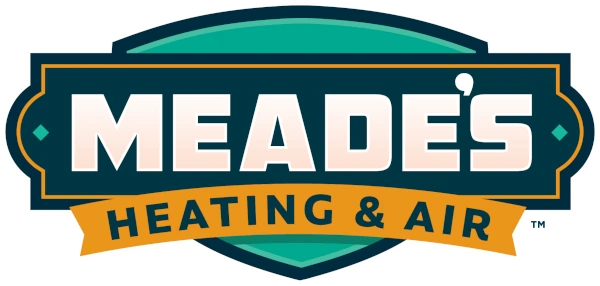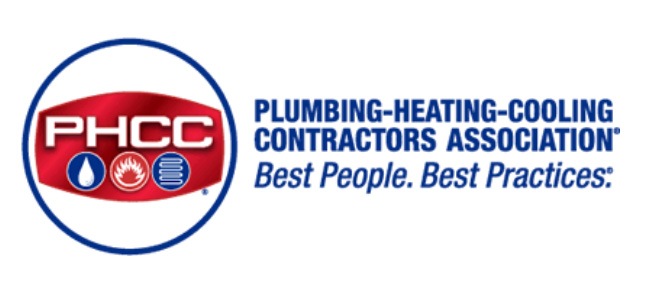5 Reasons That Water Is Leaking From Your Central Air Conditioning System
Whenever your central air conditioning is running, moisture in the air is constantly condensing on the evaporator coil inside your air handler. This happens due to the temperature difference between the cold refrigerant flowing through the coil and the hot air being forced over it, similar to how water beads up on a cold glass in hot weather. Your AC is designed with a condensate drain system that collects this water and transports it away from the air handler and out of the home. This condensate system can sometimes fail for a number of different reasons and eventually result in water leaking out and pooling on the floor. If you ever notice this issue, here is everything you need to know about the potential reasons why it is happening and what you can do to overcome them.
1. Condensate Drain System Is Clogged or Damaged
The condensate drain system consists of a series of small-diameter PVC pipes that are connected to a drain pan. The drain pan is located inside your air handler and sits directly underneath the evaporator coil to catch the water that drips off of it. The pipes then lead from the drain pan, out of the air handler, and eventually empty out either directly outside the building or into a floor drain.
Whenever your AC is on, the blower is constantly drawing hot air into the air handler. This heat, in combination with the water in the system, often causes mold, algae, and slime to start forming in the drain pan and drain lines, and these can build up enough so that a clog starts to form somewhere in one of the lines.
Your air filter is designed to trap dust and debris so they can’t get into the system. Still, some dust will always get into the air handler, and this can also contribute to condensate drain system clogging.
If the drain system is clogged, the water will obviously have nowhere to go and will eventually start to overflow out of the drain pan and leak out of the air handler onto the floor. Leaks can also occur because one of the drain lines is damaged or one of the fittings that connect the pipes has come loose. In either case, you will usually need to have an AC technician clear out or repair the drain system to stop it from leaking. You may be able to clean out minor clogs on your own, but more serious clogs will definitely require the assistance of a professional.
2. Floor Drain Is Clogged
If your HVAC system is on the ground floor of your home or in the attic or crawlspace, the drain lines will usually run directly outside. For systems that are in the basement, the lines will usually dump out into a floor drain. If your system does run to a floor drain, you will want to check to make sure that it isn’t clogged as this will also obviously cause water to start pooling. You can test this by pouring a small amount of water into the drain. If the water doesn’t go down immediately, you will then need to either try to clear the drain yourself or enlist the help of a plumber.
3. Drain Pan Is Corroded or Damaged
The constant exposure to water and normal aging can sometimes cause the drain pan to start to corrode or weaken to the point where it cracks or develops a hole. Depending on the extent of the damage and the overall condition of the pan, a technician may be able to repair it and stop it from leaking.
If the damage is too extensive, the drain pan will need to be replaced. Unfortunately, this isn’t always possible because sometimes the drain pan is welded in place. A drain pan that is fastened with screws or clips is fairly simple to replace, but you will often need to replace the entire evaporator coil assembly if the pan is welded to it.
4. Evaporator Coil Is Frozen
The refrigerant inside your evaporator coil is extremely cold, but the water that forms on the coil usually doesn’t freeze as long as the system is continually bringing in enough warm air. If there isn’t enough hot air coming into the system because your air filter is overly dirty or due to any other issue, it can result in ice beginning to form and the coil freezing up. The coil can also freeze due to a malfunctioning thermal expansion valve that allows too much cold refrigerant to flow into the coil too quickly.
The most obvious sign that your evaporator coil is frozen is when you suddenly notice hot air blowing out of your vents even though your outdoor AC unit is running. As long as the system keeps running, ice will continue to build up on the coil. However, the ice can quickly start to thaw once the system shuts off. Once the ice thaws, it can result in so much water dripping down that it can overwhelm the drain system and cause the drain pan to start to overflow. If your evaporator coil does ever freeze, it is a good idea to place towels around the air handler to prevent any potential water damage should it start leaking.
The first thing to do when dealing with a frozen evaporator coil is to shut your AC off. If the system continues to run when the coil is frozen, it could cause the compressor motor in the outdoor unit to burn out from overheating. Should this happen, you will usually need to replace your entire outdoor AC unit.
Once the system is off, you should then check your air filter to make sure it isn’t too dirty. If the system freezes up again soon after thawing out, you will then need to have it inspected to see what is causing this to happen.
5. Condenser Coil Is Frozen
The condenser coil in your outdoor AC unit can also freeze up. This typically happens because there isn’t enough air flowing through the unit, which can occur when it is clogged with debris or the fan isn’t working properly. Once the coil starts to thaw, you will eventually see water running out or collecting around the base of the unit. As with a frozen evaporator coil, this is a situation where you will want to leave your AC off until everything fully thaws out due to the huge risk of major damage.
Northern Virginia’s HVAC Experts
If your AC is leaking or you’re experiencing any other issues with your cooling or heating system, you can count on the team at Meade’s Heating and Air to quickly diagnose and repair the problem. We repair and service all models of air conditioners, ductless mini splits and furnaces, and we also specialize in heating and cooling installation and replacement. We install and service water heaters, whole-home air filtration systems, humidifiers and dehumidifiers, HVAC UV lights and ductwork. We can even install or repair gas lines. To schedule an AC inspection or if you need any other HVAC service in Sterling or the surrounding area, give Meade’s Heating and Air a call today.




